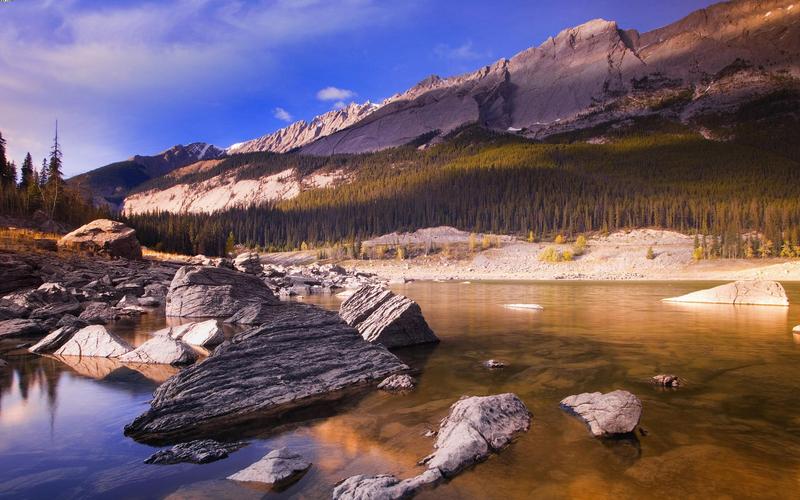The Beginner’s Guide: How to Start Backpacking
Backpacking can be an enriching experience for anyone looking to get away from the hustle and bustle of their daily routine. It provides an opportunity to connect with nature, explore new places, and meet new people. However, as a beginner, it can be daunting to take the first step. In this guide, we will take you through the process of starting backpacking, from planning your trip to hitting the trails.
Planning Your Trip
The first step in starting backpacking is to plan your trip. Here are some key factors to consider:
Location and Trail Difficulty
Choose a location that suits your skill level. If you’re a beginner, pick a trail that isn’t too difficult or too rugged. Research your chosen destination and check the trail’s difficulty level. Make sure to pick a route that matches your physical ability.
Weather and Season
The weather can significantly affect your backpacking trip. Make sure to consider the season and weather conditions of your chosen location and plan accordingly. Pack the appropriate clothing for the season, and check the weather forecast before you leave.
Duration and Schedule
Decide how long you want to backpack and make a schedule that accommodates your trip duration. Keep in mind that traveling with too little time can lead to stress, while a rushed journey may not be fulfilling. Plan ahead and take time to appreciate the beauty that surrounds you.
Essential Gear and Equipment
The right gear is a must-have for a successful backpacking trip. Here are some crucial items you will need:
Backpack
Invest in a quality backpack that fits your body and suits your needs, including the length of your trip and its weight. A well-fitting backpack will help prevent injuries and reduce fatigue.
Shelter and Sleeping Bag
A good shelter, such as a tent, and a comfortable sleeping bag are essential items for your trip. Choose the appropriate type of shelter and sleeping bag based on your trip duration, location, weather, and personal preferences.
Food and Water
Food and water are necessary for your backpacking trip. Pack non-perishable and lightweight food items that can provide you with enough nutrients and energy during your journey. Carry enough water and consider a water filtration system in case of scarce water sources.
Staying Safe and Prepared
Your safety should be the top priority on your backpacking trip. Here are some practical tips for staying safe and prepared:
Know the Area
Familiarize yourself with the location and the trail before you embark on your journey. This means checking the terrain, weather, water sources, and any hazards. Be aware of wildlife and how to deal with them, including respecting their natural environment.
First Aid Kit
Carry a practical first aid kit and learn how to use it. Make sure it includes essential medications and basic medical supplies for injuries, blisters, and common ailments.
Leave No Trace
Pack out everything you bring in and leave no trace behind. Minimize your environmental impact and preserve the area’s natural beauty for future generations.
Conclusion
Backpacking is a fulfilling experience for anyone who loves nature and adventure. With proper planning, appropriate gear, and responsible behavior, you can enjoy a safe and memorable backpacking trip. Remember to respect the outdoors and always be prepared for any challenges that come your way. Happy trails!
(Note: Do you have knowledge or insights to share? Unlock new opportunities and expand your reach by joining our authors team. Click Registration to join us and share your expertise with our readers.)
